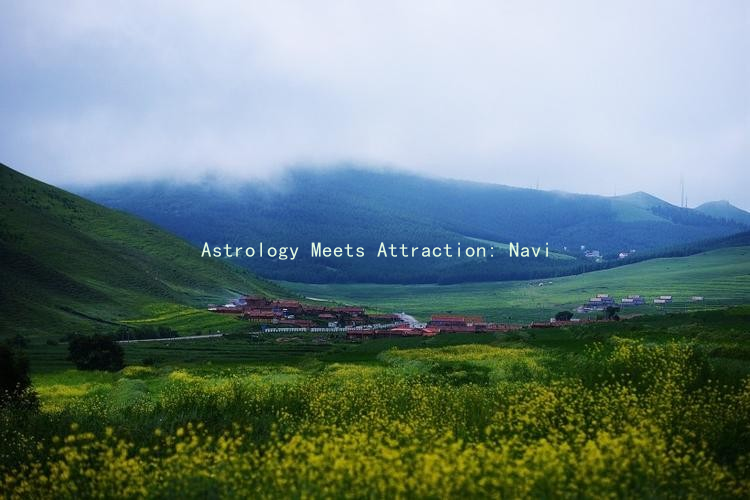Philosophical Perspectives on Consent: Navigating Boundaries in Romantic Encounters
Philosophical Perspectives on Consent: Navigating Boundaries in Romantic Encounters
In the realm of romantic encounters, the concept of consent stands as a fundamental pillar, steering the course of interpersonal relationships. The complexities of consent extend beyond mere verbal agreement; they delve into the ethical, emotional, and philosophical dimensions of human connection. This exploration encourages us to consider not just the act of giving permission but also the nuanced layers that define boundaries in the tapestry of romantic relationships.
To begin with, it is essential to establish a clear understanding of what consent entails. At its core, consent involves a mutual agreement between individuals to engage in a specific action; however, it transcends a simple yes or no. Philosophically, consent can be seen as an ongoing dialogue. Just as relationships evolve, so too do the parameters of consent. This dynamic nature injects a complexity that requires continuous reflection and communication—a reminder that consent is not a one-time event but a process that adapts to the comfort levels and desires of both parties.
From a philosophical standpoint, consent can be tied to the respect for autonomy. Autonomy refers to the capacity of individuals to make informed decisions about their own lives, a principle that is—or should be—sacrosanct in romantic relationships. When partners respect each others autonomy, they foster an environment where healthy boundaries can flourish. This perspective emphasizes that effective communication forms the bedrock of consent; partners must feel safe and validated in expressing their limits and preferences.

Furthermore, power dynamics play a crucial role in understanding consent. In any romantic encounter, it is vital to be aware of how power imbalances might influence the decisions being made. The philosopher Michel Foucault argued that power is not merely repressive but also productive; it shapes discourses and practices within societal structures. In romantic relationships, whether implicitly or explicitly, power can tilt the landscape of consent. Acknowledging this reality can spur partners to actively engage in conversations about their intentions and expectations, ensuring that consent emerges from a place of equity rather than coercion or manipulation.
In addition to autonomy and power dynamics, emotional intelligence significantly factors into the philosophical discourse on consent. The ability to empathize with a partner’s feelings and perspectives enriches our understanding of consent. Emotional literacy allows individuals to gauge the comfort levels of their partners, recognizing when boundaries are being approached or transgressed. This empathetic awareness cultivates a safe space where both parties can thrive, minimizing the potential for misunderstandings and discomfort.
Moreover, the philosophical underpinnings of consent invite us to contemplate the broader societal norms and narratives that shape our perceptions of romantic engagements. Cultural factors influence how consent is communicated and perceived, with different communities possessing unique values and expectations. Acknowledging these differences is crucial, as it empowers individuals to navigate their own relationships authentically and respectfully. By challenging normative assumptions about romance and consent, we can foster a more inclusive dialogue that respects diverse experiences and identities.
In conclusion, navigating boundaries in romantic encounters requires a holistic understanding of consent that transcends simplistic agreements. By approaching consent as an ongoing dialogue rooted in respect for autonomy, awareness of power dynamics, emotional intelligence, and cultural appreciation, individuals can cultivate healthier and more meaningful relationships. The philosophical exploration of consent encourages us to reflect deeply on our interactions and fosters a culture of mutual respect, understanding, and integrity in the realm of romance. Through this lens, we can navigate the intricate landscape of human connection with care and mindfulness, ensuring that each encounter honors the rich tapestry of consent it weaves.





